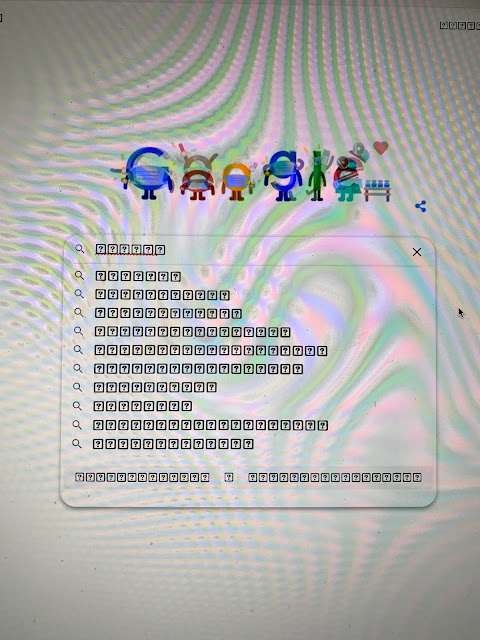“Thirty days hath September,
April, June and November.
February has twenty-eight alone,
All the rest have thirty-one,
Excepting leap year, that’s the time
When February’s days are twenty-nine.
I’d be lost without our calendar. It hangs on the wall in the back room, telling us what we’re doing and where we’re doing it, year in, year out. Everything is there, birthdays, appointments, football fixtures, holidays and all manner of notable events. I tried a ‘Filofax’ once but found it completely unsuitable for my needs. I wasn’t jetting off round the world, just travelling the North West of the UK by road in my first Nissan Micra and the journeys were infrequent, so a lot of the features were wasted on me. My husband logs everything into his phone calendar. I haven’t bothered to teach myself how to do it. I prefer pen and paper where I can flip over one month to the next. Some aspects of modern technology I’m happy to do without.
I found some interesting history and discovered that the Ancient Egyptians were the first civilisation to use a solar calendar, to help predict the River Nile’s annual flooding. The information failed to state how accurate it was.
From Wikipedia, “Roman Calendar and Julian Reform: The Romans developed the Julian calendar, introduced by Julius Caesar in 45 BC, which was a significant step in organising the solar year. Gregorian Calendar (1582): Pope Gregory XIII introduced the Gregorian calendar as a refinement of the Julian calendar in 1582, which is now the internationally accepted civil calendar.”
Based on a true story and with a strong cast of ‘A’ list actors, ‘Calendar Girls’, released in 2003, was awarded the British Comedy Award for the Best Comedy Film. It gives a light-hearted insight into serious illness and a brilliant idea to raise awareness and boost funds for charity. A stage production is currently on tour and there is a musical version.
My childhood spent with my mother’s choice of music from her rack of records included Neil Sedaka. We would dance to Happy Birthday, Sweet Sixteen and Calendar Girl.
If I was fortunate enough to be given an Advent Calendar on the run up to Christmas, it would be a pretty, sparkly addition to our decorations, covered in a fine glitter that left shiny dust behind each time it was touched. Behind each tiny door, numbered with the date, a symbol of Christmas waited to be found. No sweet, no chocolate, yet magi
The Good Old Days
Pity the poor children
Of today, with their calendars
Stuffed with chocolates,
Never to know the thrill
Of opening a small cardboard door
And discovering behind it
A picture of a bell.
Brian Bilston
Anyway, we’re off to one of our ‘notable events’ that has been on our calendar since last year and carried forward to the actual date this year. John Lodge ‘Days of Future Passed’ concert at the Royal Northern College of Music, Manchester. Tuesday, 8th April. I just need to breathe slowly, not get too excited and I’ll be fine.
Thanks for reading, Pam x



